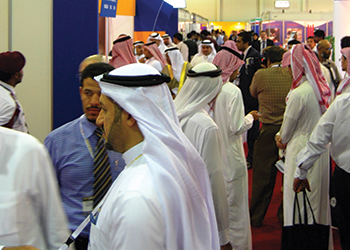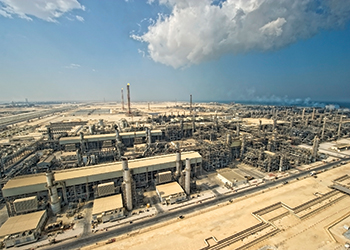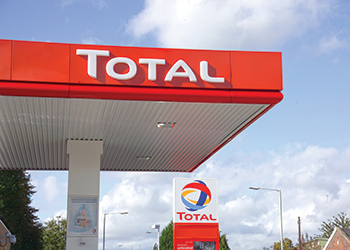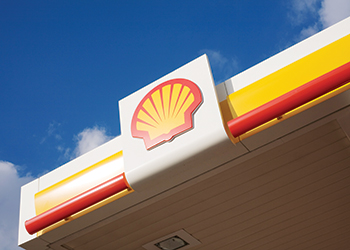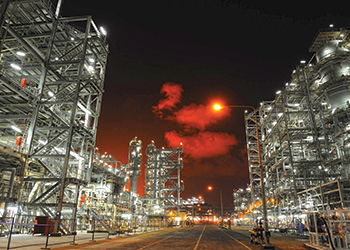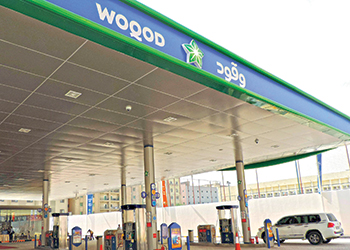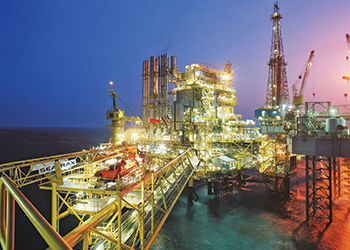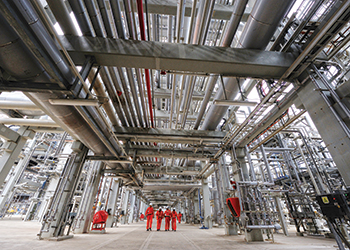
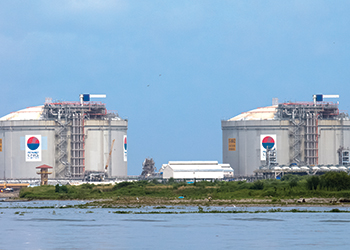 Petronet ... winning a RasGas contract
Petronet ... winning a RasGas contract
The contract will retain its current level of oil indexation at 12.67 per cent, but the companies says the index would more closely reflect prevailing oil prices
India’s Petronet LNG and Qatar’s RasGas have announced the successful renegotiation of a long-term LNG contract that Indian Oil Minister Dharmendra Pradhan says would almost halve the price Petronet pays for Qatari LNG. And in another major concession, RasGas also agreed to waive hefty take-or-pay penalties for Indian firms’ failure to lift contract volumes in full in 2015.
The Qatari producer has a 25-year contract with Petronet, India’s biggest LNG importer, for 7.5 million tonnes per year. Petronet sells on the gas to state-owned refiners I
ndian Oil Corp. (IOC) and Bharat Petroleum, and pipeline utility Gail India, but the three have been refusing to take some of the Qatari gas because they were able to buy LNG much cheaper on the spot market.
Pradhan told a press briefing in New Delhi that the contract changes would slash the LNG price to $6-$7 per million Btu from the $13/MMBtu the companies had been paying.
That brings it far more in line with current Asian spot prices. He says the adjustments would save the firms about 40 billion rupees ($604 million) per year.
In return, Petronet has entered into a binding sale and purchase agreement (SPA) for an additional 1 million tons/yr of RasGas LNG starting in 2016. This will be sold on to IOC, Bharat, Gail and Gujarat State Petroleum Corp.
Under the contract’s take-or-pay clause, Petronet owed Qatar 120 billion rupees ($1.8 billion) for the missed deliveries in 2015. But instead of forcing it to pay what it owed on December 31 – normal practice in take-or-pay deals – RasGas agreed to let Petronet take and pay for the volumes it didn’t lift in 2015 over the contract’s remaining life.
The contract will retain its current level of oil indexation at 12.67 per cent, but the companies say the index would more closely reflect prevailing oil prices.
Prices under the contract had been much higher than Asian LNG spot prices as the floor price in the formula was determined by average oil prices over the past 60 months, so had not reflected the dramatic oil price collapse.
Petronet declined to provide any details about the renegotiated formula, but an executive told LNGI sister publication International Oil Daily that the price will now be linked to the three-month Brent average, rather than the 12-month Japan Crude Cocktail. It will also incorporate a premium, helping RasGas offset some of the waived penalties.
The Petronet contract is Qatar’s largest in Asia, and RasGas Chief Executive Hamad Mubarak Al Muhannadi says "these positive developments, including the new SPA, demonstrate the strength of our long-term relationship with Petronet and commitment to growing sales into India to meet its growing clean energy needs."
Pradhan says the contract was renegotiated following 51 meetings between the Indian companies and RasGas. Petronet’s success wringing changes to the pricing mechanism and securing the waiver of the take-or-pay penalty could spur more Asian buyers into opening talks with LNG suppliers as they struggle to cope with weaker demand just as more LNG hits the market.
Qatar is currently the world’s biggest LNG producer, but is set to lose market share as Australia and the US ramp up liquefaction capacity over the next few years. With global LNG demand growth faltering, it has become a buyer’s market – and the Petronet contract adjustments suggest Qatar has become more responsive to buyers’ needs.



































































